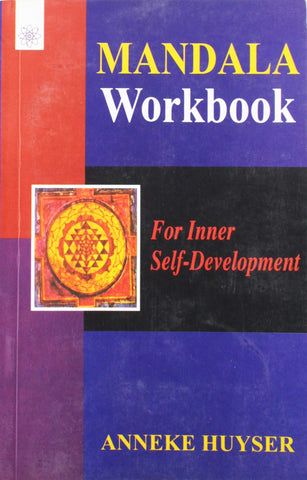Your cart is empty now.
Traditionally for the proper situation to arise and would give a teaching on that particular situation. Since this time, the world has changed. For example, in Buddha’s day all ordinary persons slept on straw mats on the floor and only kings and, the Buddhist teachings are divided into three major division: the Sutras, the Vinaya, and the Abhidharma. The Vinaya are the discourses of the Buddha on the con- duct of the monks and nuns and also lay persons.
The Buddha taught the Vinaya to monks and nuns so that they had a set of rules allowing them to devote their complete energy to reaching enlightenment. The Buddha, however, did not simply one day give these rules. Rather he waited wealthy merchants slept on beds. So one of the rules of the Vinaya is that monks and nuns could not sleep in a high bed. Clearly, today when almost everyone sleeps in a bed, this prohibition seems antiquated.
Thrangu Rinpoche, is eminently qualified for explaining the Vinaya and Buddhist conduct because he has lived since the age of four in a monastic situation. Thrangu Rinpoche has maintained his vows and was asked to become abbot of Gampo Abbey, one of the few Tibetan monasteries in North America. These teachings are Rinpoch"s detailed explanation of this poorly understood part of the Buddhist cannon.
Traditionally, the Buddhist teachings are divided into three major divisions called the Tripitaka. The Tripitaka consists of the Sutras, the Vinaya, and the Abhidharma. The Sutras are the actual discourses of the Buddha, the Vinaya are the discourses of the Buddha on the conduct of the monks and nuns and also lay persons, and the Abhidharma is a complex classification of Buddhist concepts.
Reading through the discourses of the Buddha, one discovers that he was followed by thousands arid thousands of monks and some nuns. These ordained individuals wanted to engage in the task of reaching enlightenment without being encumbered by family or worrying about livelihood. The Buddha taught these individuals a set of rules which became the Vinaya so that they could devote their complete energy to reaching enlightenment. The Buddha, however, did not simply one day say that these are the rules for ordained persons. Rather he waited for the proper -situation to arise and would give a teaching on that situation. For example, one day some of his students reported that his monks, who were not allowed to have very many possessions, were raking their begging bowls and making these our of precious woods and embroidering them with precious jewels. The Buddha then gave a short teaching in which he said that monks should not embellish their begging bowls. This went on throughout the Buddha’s lifetime and after the Buddha passed away, all these rules for the sangha were collected together and these were systematize into over 200 rules which came to be known as the Vinaya.
Since this time, the world has changed and there have been occasional calls for changing these rules of the Vinaya.
For example, in Buddha’s day all ordinary persons slept on straw mats on the floor and only kings and wealthy merchants slept on beds. So one of the rules of the Vinaya is that monks and nuns could not sleep in a high bed. Clearly, today when almost everyone sleeps in a bed, this prohibition seems antiquated. Yet, when there has been a call to modernize the Vinaya, the Buddhist has almost always chosen to remain with the original rules of the Vinaya and to interpret these rules in a modified fashion. This interpretation of the rules is not just a practice of convenience, because deciding what is proper and what is improper is always made by highly evolved individuals who follow the criteria carefully laid out by the Buddha for deciding whether an act results in positive or negative Karma.
To determine whether an action will produce negative karma it has to meet the four-fold criteria of basis, motivation, action, and final result. For example, for something to create negative karma that comes from stealing (a) the basis is that what is taken belongs to another, (b) the motivation is that one wants to deliberately take it, (c) the actions is that one actually takes it, and (d) the final result is that it is actually taken.
The author of this teaching, Thrangu Rinpoche, is eminently qualified for explaining the Vinaya and Buddhist conduct because he has lived since the age of four in a monastic situation. More recently he had spent seventeen years at Rumtek monastery in Sikkim at his Holiness Karmapa’s monastery teaching the major Tulkus of the Kagyu Lineage of Tibetan Buddhism. Thrangu Rinpoche has maintained the his vows and was asked by Trungpa Rinpoche to become abbot of Gampo Abbey which is one of the few Tibetan monasteries in North America.
In August 1985 Thrangu Rinpoche visited Gampo Abbey for the first time and gave a seminar on monastic discipline. Rinpoche gave the first set of talks to a group of twenty people assembled with Sonam Palden translating.
These eight talks were on the pratimoksha precepts. These were edited by Thelma Habgood published in Number 5 and 6 of The Profound Path of Peace which is the official journal of the International Kagyu Sangha Association Thrangu Rinpoche then gave another series of talks to Gampo Abbey in 1988 and these talks were on the Three Vows. We have combined these talks into one book. The second set of teaching was a set of five talks given at Gampo Abbey in May of 1988 on the three vows and translated by Chojor Radha.
We would like to thank The Profound Path of Peace for publishing these talks and felt that for them to reach a wider audience, Namo Buddha Publications would combine the talks into a single volume. Anyone interested in subscribing in The Profound Path of Peace which will continue to publish talks by Thrangu Rinpoche and other great lamas can write to The Profound Path of Peace, Gampo Abbey, Pleasant Bay, Nova Scotia, Canada BOB 2P0.
Anyone wanting to know more about the activities or the programs or publications of Thrangu Rinpoche should contact the Namo Buddha Seminar, 1390 Kalmia Avenue, Boulder, CO 80304-18 13. Phone: (303) 449-6608.
| Forword | 3 | |
| 1. | The Pratimoksha Precepts | 7 |
| 2. | Discipline and the Precepts | 15 |
| 3. | The Vow of Individual Liberation | 21 |
| 4. | Karma and the Accumulation of Merit | 27 |
| 5. | The Outer, Inner, and Secret Pratimoksha | 35 |
| 6. | Nine Aspects of a Noble Being | 43 |
| 7. | Three Aspects of the Bodhisattva Vow | 49 |
| 8. | The Five Classes of Vajrayana Precepts | 55 |
| 9. | The Vows of the Three Yanas | 63 |
| 10. | The Vows of the Shravakas | 71 |
| 11. | The Vows of the Bodhisattva | 83 |
| 12. | The Vows of the Vajrayana | 93 |
| 13. | The Samaya Vow | 101 |
| 14. | This is my Monastery | 109 |
| 15. | Glossary of Terms | 113 |
| Glossary of Tibetan Terms | 125 | |
| Bibliography | 129 | |
| Khenchen Thrangu, Rinpoche | 131 |
Delivery and Shipping Policy
- INTERNATIONAL SHIPPING
- Rs.1000-1100/kg
- ESTD. Delivery Time: 2-3 weeks (depending on location)
- Bubble Wrapped with Extra Padding
- NATIONAL SHIPPING
- NCR: Rs. 30/half kg
- Standard: Rs. 80/half kg
- Express shipments also available on Request
- ESTD. Delivery Time: Ranging from 1-4 days up to 7 business days (Depending on your choice of Delivery)
- TRACKING
- All orders; national or international, will be provided with a Tracking ID to check the status of their respective orders
- Depending on the Shipping Service, Tracking ID may be used on their respective tracking portals
Frequently Asked Questions (FAQs)
Domestic Shipping: 3-4 Days (after shipping)
International Shipping: 1-2 weeks (based on your location)
You will receive an email once your order has been shipped or you can email us if you didn't receive tracking details (info@mlbd.co.in)
Every book that we sell is the latest edition except all the rare books
Yes, we do provide free shipping, only on domestic orders (within India) above Rs.1500



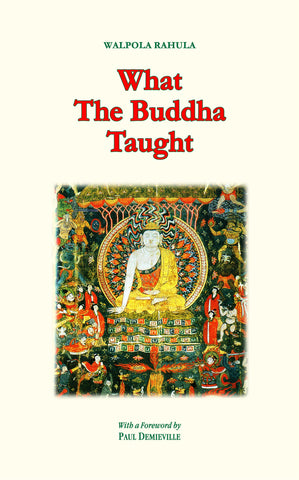
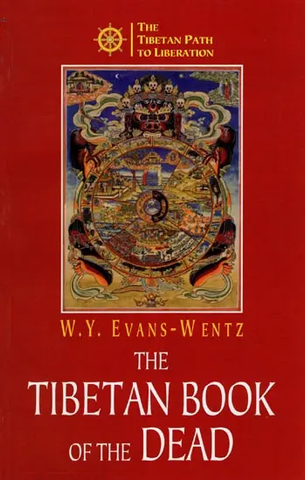
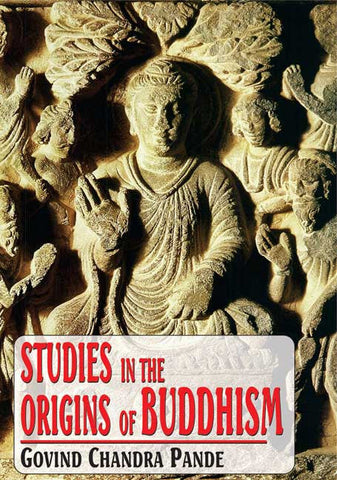
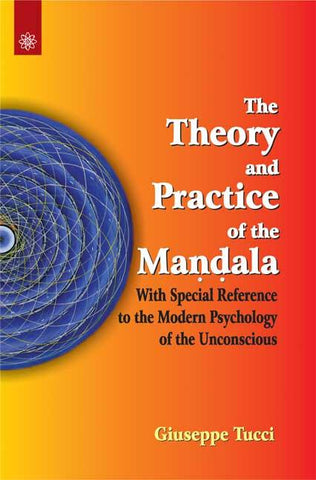
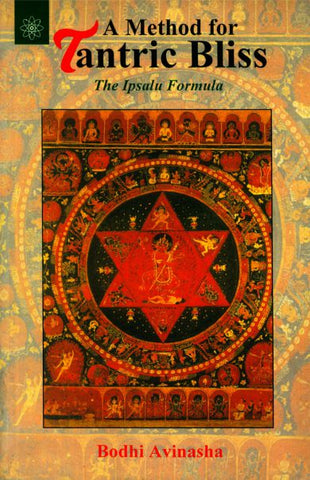
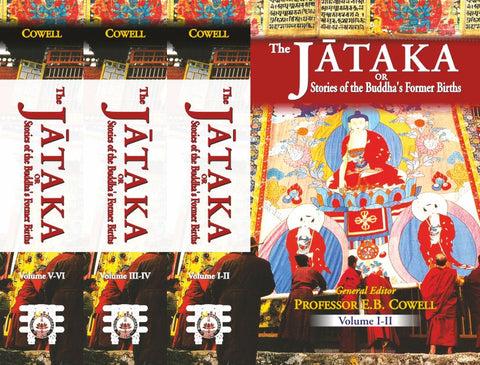
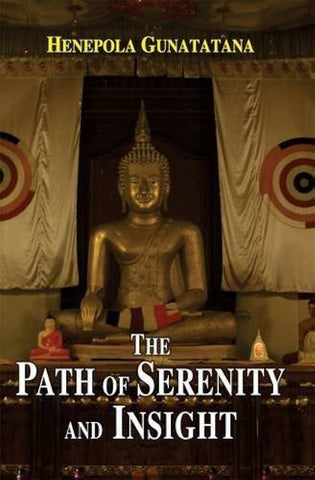
![The Rishukyo [Buddhica Britannica Vol.3]: The Sino-Japanese Tantric Prajnaparamita in 150 Verses (Amoghavajra's Version)](http://www.motilalbanarsidass.com/cdn/shop/products/RISHUKYO_large.jpg?v=1675417651)
